Mission Critical: Space South Central at the Heart of Britain’s Space Future
Mission Critical: Space South Central at the Heart of Britain’s Space Future
The House of Lords’ latest report, “The Space Economy: Act Now or Lose Out,” is more than a wake-up call—it’s an electrifying call to arms for anyone who cares about Britain’s future in space. And for Space South Central, a region with decades of heritage and a thriving ecosystem of world-leading talent, the message could not be clearer: the next chapter of the UK’s space story must be written now.
Why the Report Matters—Now More Than Ever
The Lords paint a compelling picture of a UK space sector brimming with promise but teetering on a knife-edge. Yes, the country boasts extraordinary assets: research juggernauts like UCL, University of Southampton, and University of Surrey; pioneering companies such as SSTL, Airbus Defence and Space, and Earth-i; and essential organisations including the National Physical Laboratory and Royal Aeronautical Society. But competing nations are moving faster, integrating space across policy and industry, and investing at levels that threaten to eclipse Britain’s advances.
The report draws deeply on evidence from these South Central powerhouses. UCL’s ground-breaking leadership in missions like Euclid and James Webb lays the groundwork for tomorrow’s space science. Academic experts at the University of Southampton champion space sustainability, shaping global conversations about orbital debris. Surrey’s unique formula, turning curiosity-driven research into commercial satellite missions, is cited as a model for the entire nation. SSTL’s evidence on extensive skills pipelines and successful ESA collaborations stands as proof of what sustained investment and partnership can achieve on the world stage.
Meanwhile, Airbus highlights the critical need for streamlined regulation and international partnerships, while the National Physical Laboratory reminds us that British measurement science is the silent backbone behind precision navigation, climate monitoring, and secure communications. The Royal Aeronautical Society and UKspace, two of the sector’s leading advocacy bodies, delivered extensive evidence on the barriers stunting growth and innovation, emphasising only bold, coordinated policy can unlock the country’s full potential.
Seventy Years of Space South Central Leadership
Space South Central is not just another UK region, it is the birthplace of British satellite missions, a powerhouse of engineering talent, and an exporter of scientific ideas to every corner of the globe. For seven decades, Space South Central has quietly powered Britain’s rise in space innovation, creating a legacy felt not just in labs and factories, but in the vibrant collaborations between academia, business, and policy that underpin British space leadership. The tightly interconnected landscape of leading universities, specialist companies, and active networks of SMEs and major players like Airbus creates a region-wide infrastructure and skills base that spans every layer of the modern space sector.
Read more about our space heritage here https://www.spacesouthcentral.com/our-space-heritage
Read the Report—Shape the Future
If anything is clear from “The Space Economy: Act Now or Lose Out,” it is that Britain’s prospects as a space power hinge on urgent, strategic reforms—and on regional clusters like Space South Central serving as both anchor and accelerant for national growth. The Lords urge a shift to mission-driven investment and ambitious procurement, reforms in leadership and regulation, and a renewed focus on nurturing the next wave of space scientists and engineers.
This report is essential reading for anyone in policy, business, or education who wants to understand not just what’s at stake, but why Space South Central is central to the answer.
To read the full report check out our resources page https://www.spacesouthcentral.com/resources-page
